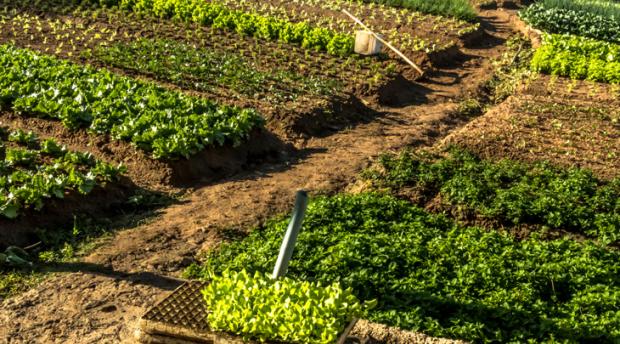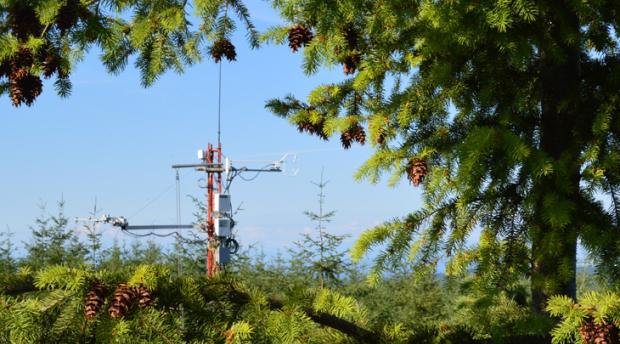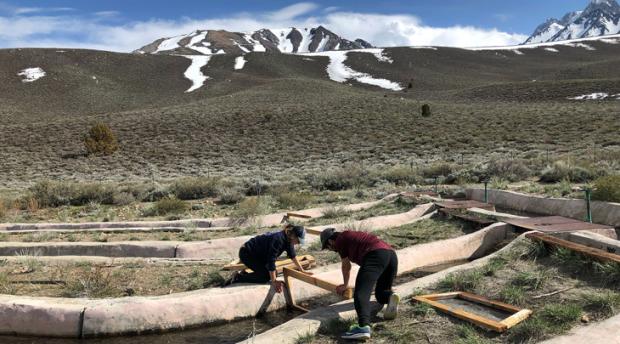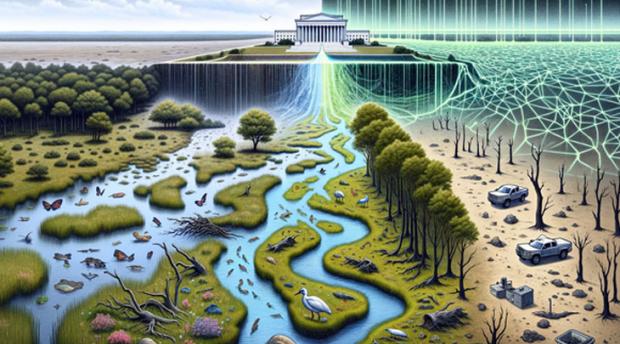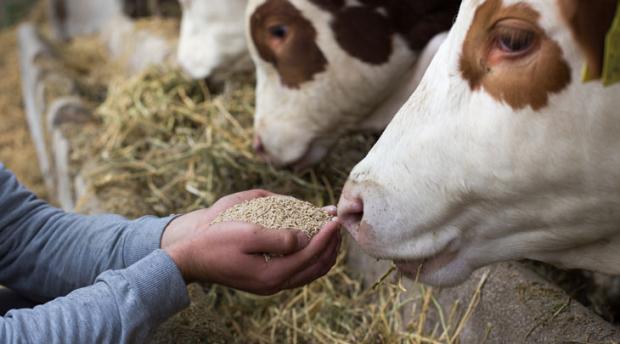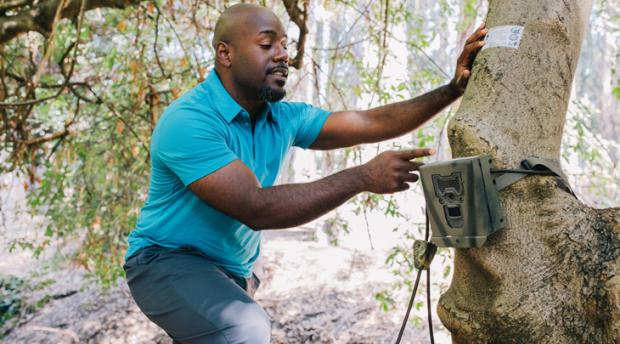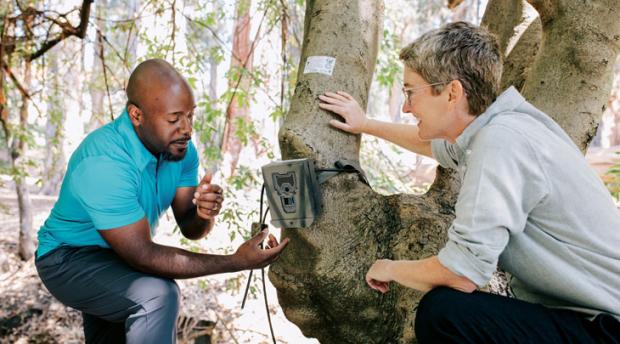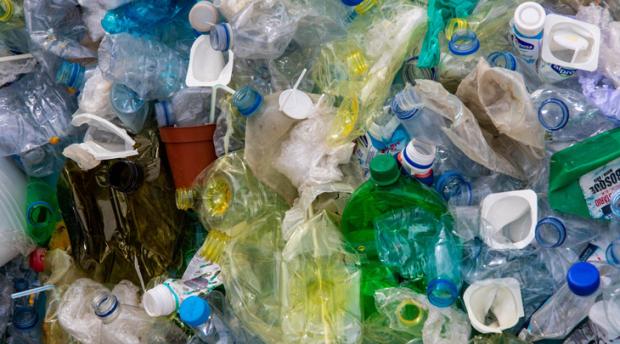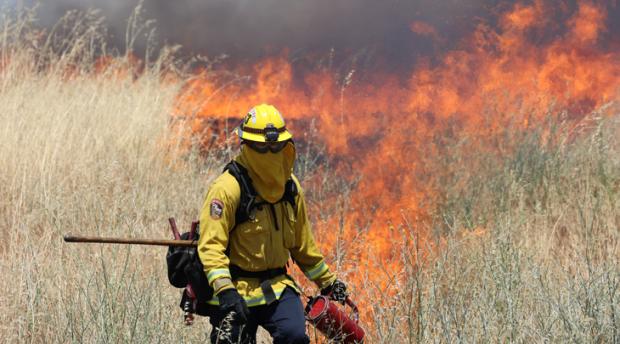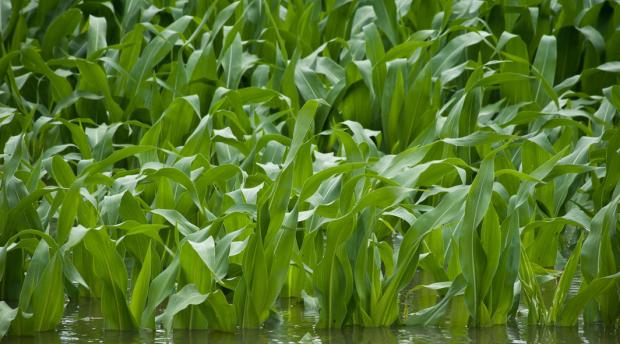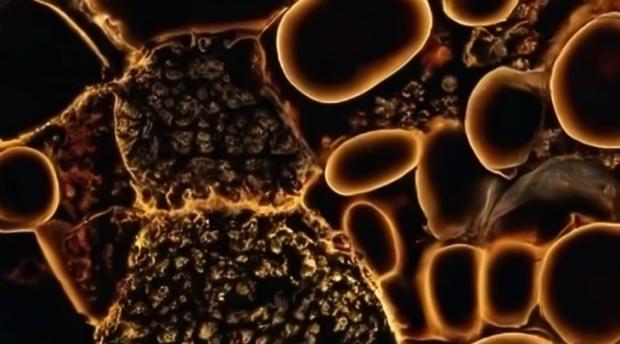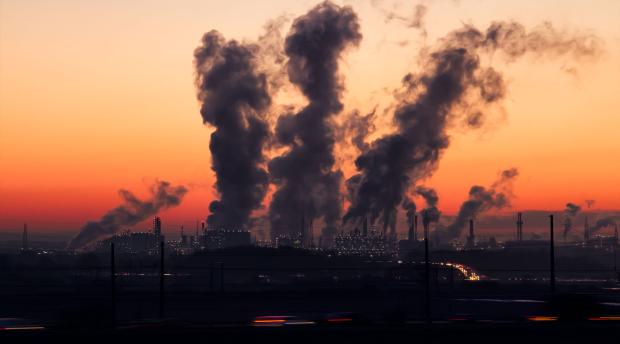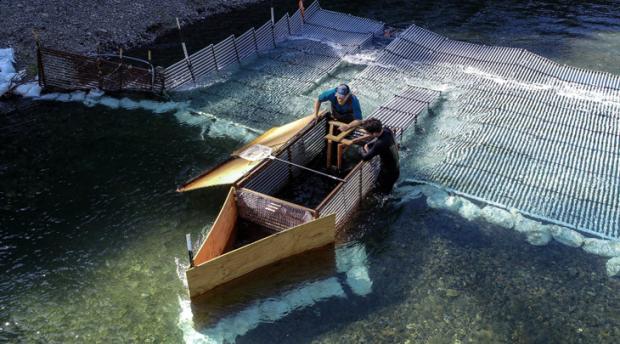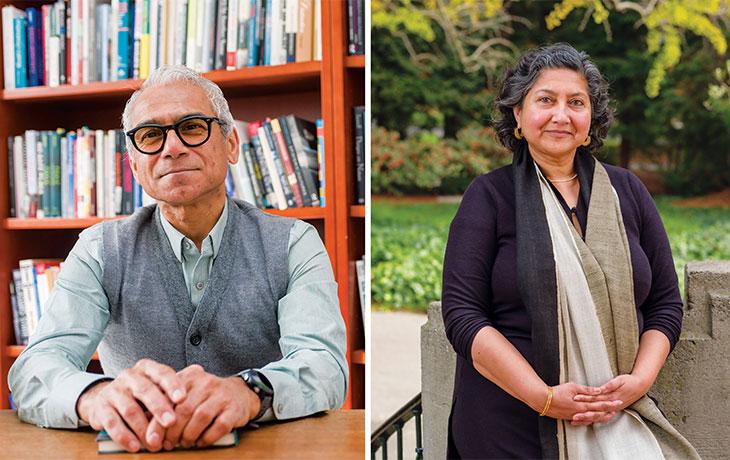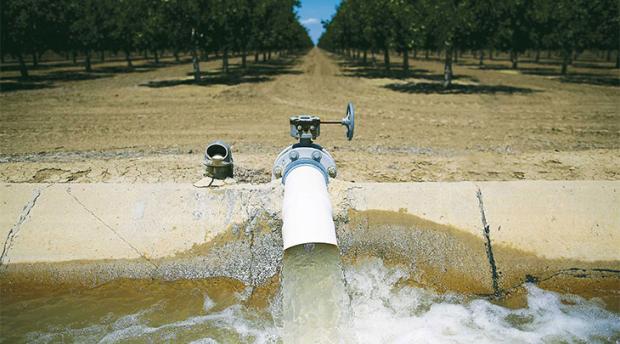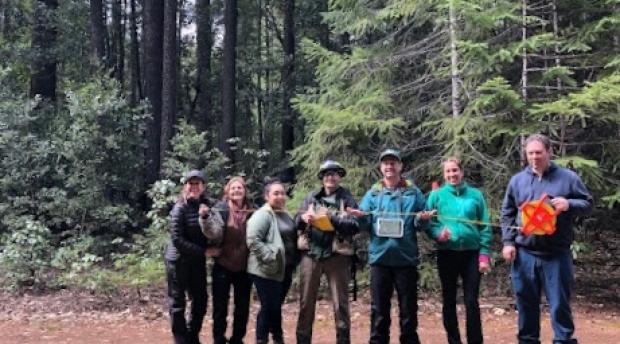Research
A win-win for people and the environment
A Science study co-authored by Kathryn De Master and Adrian Lu, PhD '20 ESPM, showed that diversified farming practices maintain soil health and on-farm biodiversity while also increasing crop yields, food security, and human wellbeing.
Strengthening nature-based climate solutions at the federal level
In a new PNAS opinion, ESPM professors Dennis Baldocchi and Trevor Keenan join leading experts in recommending ways to strengthen the scientific foundation for Nature-based Climate Solutions.
Insects, algae and our changing climate
A new PNAS study led by ESPM's Albert Ruhi and Kyle Leathers suggests that drought may reshape California's mountain waterways—and the ecosystems that depend on them—by the end of the century.
White House rule dramatically deregulated wetlands, streams, and drinking water
New research co-authored by ESPM professor Manuela Girotto uses machine learning to reveal which streams and wetlands are protected—or not—by changing Clean Water Act regulations.
Changing animal feed could improve sustainability
A study co-authored by ESPM’s Paolo D ‘Odorico shows that using agricultural byproducts in animal feed could save significant land and water resources.
UC Berkeley joining new statewide biodiversity research alliance
ESPM professor Christopher Schell will help coordinate a three-year effort to enhance biodiversity and environmental equity research.
Confronting biodiversity data’s inequities
Several ESPM researchers call attention to how biodiversity data could further entrench systemic inequities.
Toward a New Legacy
ESPM's Berkeley Wildlife faculty are shaping the next era of wildlife and conservation research.
New tool will help policymakers eliminate global plastic pollution
Developed by researchers from the Schmidt Center for Data Science and Environment and UC Santa Barbara, the AI-powered tool explains the expected impact of international policy on plastic pollution.
Climate change could limit the use of controlled burns by 2060
A recent study co-authored by Kristen Shive found that climate change would result in fewer overall days when prescribed fires can be safely lit.
Quantifying the risk reduction value of soil health
Agroecology professor Tim Bowles and colleagues are working to conduct a data-driven valuation of the risk mitigation of improved soil health.
A rainy season wake-up call for bacteria
ESPM researchers Jill Banfield, Mary Firestone, and Ella Sieradzki detail new links between soil viruses and carbon emissions.
Addressing the health hazards of climate change
Professor Rachel Morello-Frosch is working to mitigate the effect of flood-related contamination on some of the state's most marginalized communities.
Racial gap in air quality may persist under Biden program, study finds
Omitting racial demographics from a new evaluative tool may hamper the Biden administration's efforts to address environmental inequalities.
Quantifying the strength of the land carbon sink
As climate change threatens land-based ecosystems, a new paper from ESPM researchers highlights the role they play in offsetting human carbon emissions.
Managing the Eel River’s pikeminnow problem
A new project overseen by research scientist Gabe Rossi and postdoc Phil Georgakakos could contribute to salmonid recovery in northern California.
Leveraging critical race theory to produce equitable climate change adaptation
A new article by PhD student Kieren Rudge suggests critical race theory can advance climate justice better than the status quo.
Q&A: Water as a Human Right
In a recent Q&A Professor Michael Mascarenhas discusses the political, social, and economic factors that cause inequities in access to safe and affordable water.
Ground Rules
Assistant Professor of Cooperative Extension Kristin Dobbin is working to make sure that California's Sustainable Groundwater Management Act takes rural drinking water users into account.
Indigenous science is key to adapting to climate change
UC Berkeley and the Karuk Tribe use Indigenous and western science to cultivate resilient food systems under changing climate conditions.


